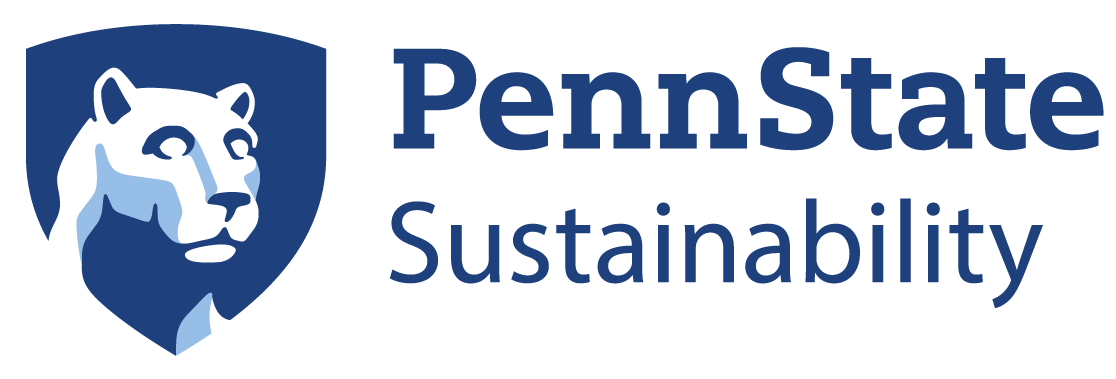As is evidenced by the projects that have already taken place, Living Lab projects can enhance classes from any discipline. Emerging projects were identified through conversations with staff and allow for a wide range of deliverables.
- Waste reduction
- Transportation
- Travel
- Sustainable Purchasing Practices
- Audubon golf course certification
- Golf course native landscaping
- Electric golf cart
- Zero Waste golf event pilot
- Low Carbon Agriculture Research
- Carbon Offsets
- Low Carbon Behaviors
- Embodied Carbon & Buildings
- Hands-on landscape projects
- Conservation vs. Maintenance ROI
- Food Miles
- Sustainable Food Communications
- Create Food Waste reduction strategy for all campuses
- Food insecurity survey
- Water impact of food
Waste reduction
- Create consistent messaging in dorms
- Interview students re their perceived and actual recycling efforts to determine what barriers there are to reducing waste and recycling
- Design social media recycling promotion campaign
- Design/implement behavior change program focused on waste reduction
- Develop/design waste reduction education
Transportation: Reduce transportation related carbon emissions
- Develop Pilot program for Carbon-Reduction Days (similar concept to Wellness Days)
- Calculate related emissions reductions resulting from Carbon Reduction Days
- Develop information and/or design infographics on public transportation options to campus commuters for websites, onboarding, social media, etc.
Travel: decisions and offsets
- Research best practices for guidance or policy on travel related offsets
- Develop tracking system to calculate travel-related emissions sources from rentals, non-university aircraft, other public transit, charter buses
Sustainable Purchasing Practices
- Communicate/Advertise success stories
- Develop more guidance and best practices for engaging and prioritizing vendors and partners who are decarbonizing
- Build a standard for sustainable furniture purchasing
Audubon golf course certification
- Outline Baseline analysis: What is needed, what is in place
- Conduct Baseline analysis & Outline timeline for implementation plan
Golf course native landscaping
- Design and install native landscaping (at holes, entrances)
- Assess impact of native landscaping (i.e. Pollinator & bird counts before and after installation)
Electric golf cart
- Calculate return on investment (cost, environment, social) to switch from gas to electric carts
- Conduct cost/benefit analysis of shelter/pole barn for electric cart storage, maintenance, and charging
- Develop pitch to donors for innovative, low impact cart barn (i.e. solar powered and water recycled from washing, etc.)
Zero Waste golf event pilot
- Create event plans for Zero Waste Men’s Invitational in April (see PGA Zero Waste tournaments)
Low Carbon Agriculture Research
- Explore current and previous research on cover cropping ability to retain carbon and nitrogen
Carbon Offsets
- Develop an innovative internal offset strategy that ensures carbon uptake while providing economic, environmental, educational, and cultural benefits to the Penn State community and commonwealth
Low Carbon Behaviors
- Begin long-term research effort that monitors carbon-related behaviors and their causes
- Research & develop program focused on low carbon behavior encouragement
Embodied Carbon & Buildings
- Develop a tool for decision-makers in the university to decide between retrofitting a building versus constructing a new building by comparing embodied carbon, operational energy savings, cost, etc.
- Calculate embodied carbon of buildings on campus
Hands-on landscape projects
- Plant spring ephemeral bulbs
- Mulch and compost areas to prepare for spring plantings
Conservation vs. Maintenance ROI
- Using current GIS data, calculate ROI of mowing vs growing vs forested areas
- Calculate triple bottom line ROI for organic/pesticide free groundskeeping
- Develop pilot and/or plan for transition to organic/pesticide free grounds
Food Miles
- Review progress on carbon emission calculations
- Continue to calculate campus food carbon emissions including:
- Production
- Fleet – what vehicles can we use that is most efficient? (short and long trips)
- Trucking – what are most efficient routes? Most efficient driving practices?
- Calculate and Communicate impact of “emergency” deliveries
Sustainable Food Communications
- Review sustainability online presence
- Identify opportunities for highlighting sustainability features
- Design and develop graphics, webpages, social media campaigns, marketing materials
Create Food Waste reduction strategy for all campuses
- Conduct Food Waste Inventory
- Research waste reduction strategies to recommend
Food insecurity survey
Water impact of foods
If you or your class are interested in one of these topics, or if you want to learn more about Living Labs, contact the Sustainability Institute for more information (sustainability@psu.edu)


